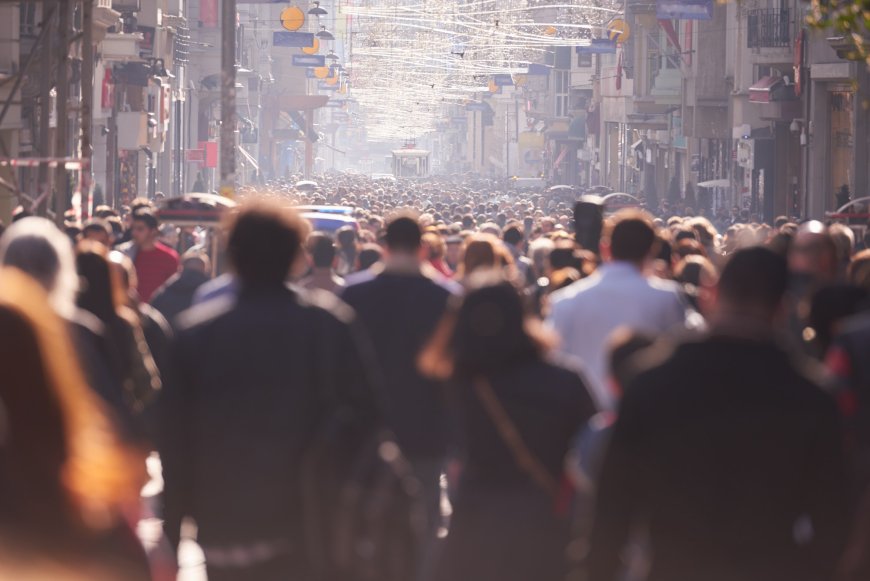BYSTANDER EFFECT
Imagine you are walking on a crowded street. Maybe you are catching an important meeting or you are rushing to meet your friend for coffee at the agreed time. As you race through the crowd, a woman suddenly falls to the ground and has an epileptic attack. Would you help?

Imagine you are walking on a crowded street. Maybe you are catching an important meeting
or you are rushing to meet your friend for coffee at the agreed time. As you race through the
crowd, a woman suddenly falls to the ground and has an epileptic attack. Would you help?
You're right, most people answer, "Yes, I definitely would" as you just gave. This is not the
case at all when certain psychological fluctuating effects come into play. According to the
Bystander Effect, which has an important place in Social Psychology, if there is a situation in
a group that requires urgent help and you need to take action, your probability of helping that
person drops to a great extent when there are countless other people in the group who are
likely to help. The lower the number of people in the group, the faster the sense of
responsibility is activated and people take action for help. If only one person witnesses this
situation and there is no one else around, this is the fastest way to act. We can call it the
"Power of One". In a large group, when a person takes action for help, the new norm of the
group becomes "to help" and other people participate in the event with a ripple effect after
this person.
Researchers discovered this effect as a result of the Kitty Genovese murder in New York City
in March 1964. Kitty Genovese, 28, was stalked, raped, and repeatedly stabbed to death by a
man obsessed with her. This event lasted for half an hour, and Kitty Genovese called for help
from 38 eyewitnesses around her, screaming countless times. None of these people did
anything other than stand by, and at 35 minutes after Kitty was already dead, someone called
the police. After this incident, psychologists John Darley and Bibb Latane wondered why no
one took action, and they began to investigate the situation. They created experimental
environments that required artificial emergency assistance. Studies have revealed the above
group effects. The time taken to action for help varied greatly with the number of people in
the group. The results of the experiment were also similar to the group behavior in the Kitty
Genovese murder.
In addition to this, the concept of "de-identification" was also introduced with experiments.
According to the concept of de-identification, when such a situation occurs, the more people
around, the more people experience the "convenience of concealing their identity" and do not
take action to help. According to the ‘’Distribution of Responsibility Theory’’ , the
individual's sense of personal responsibility decreases and he becomes reluctant to help if
there are other people around. The audience effect also supports this; The person does not take action by saying that no matter how many people there are, someone else will take responsibility.
Finally, when the social experiments conducted as a result of the researches are examined, it
has been revealed that the helping behavior changes according to some cultural norms, and
the gender and dress of the person to be helped, whether it is day or night, may also affect
this situation.
Now that we have information about the Bystander Effect, we should be aware of this in
emergencies that we are under this effect and keep in mind to be that "person" who takes
action.
What's Your Reaction?
















































































